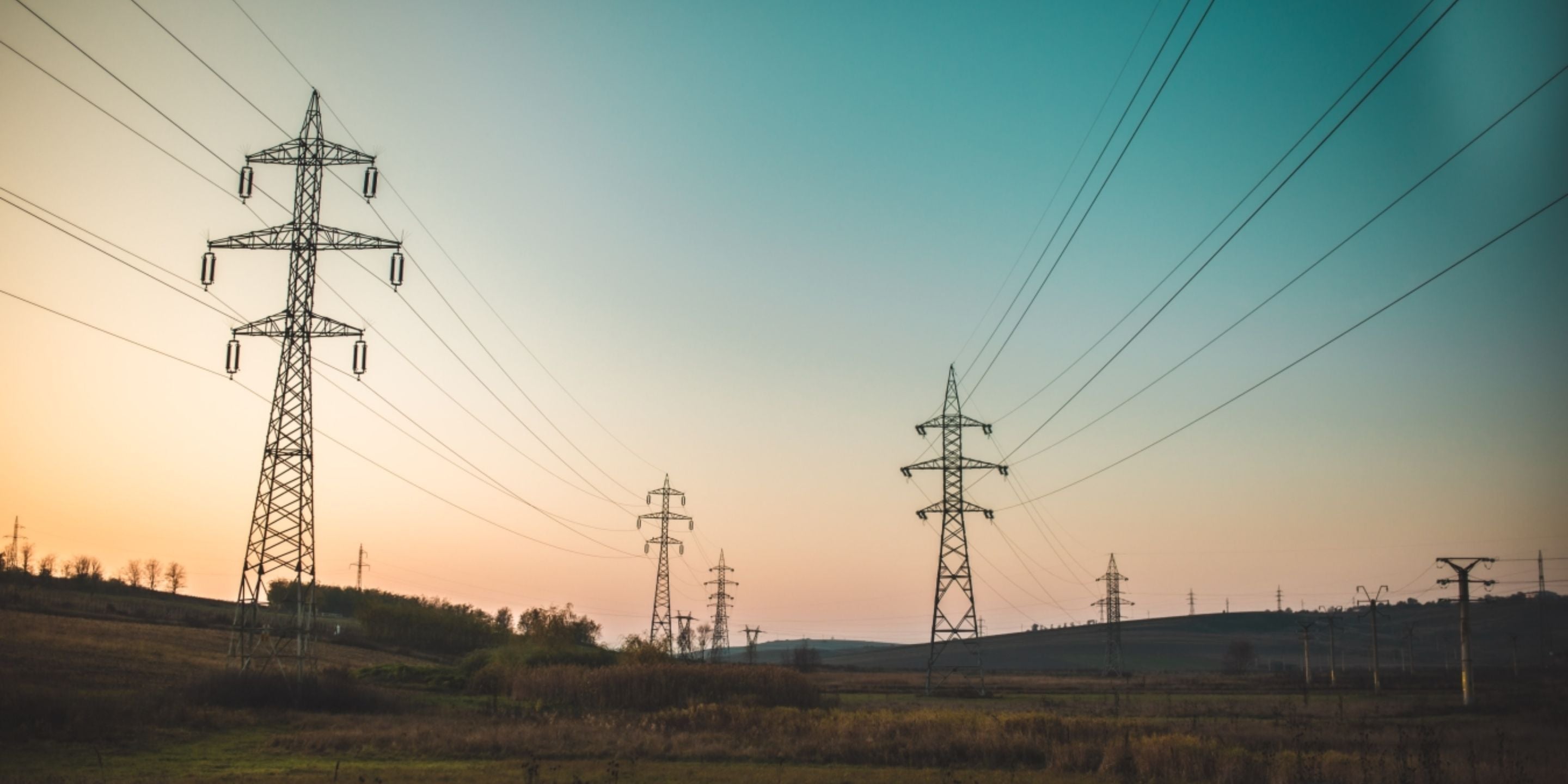As energy transition continues to gather pace, and renewable energy sources increasingly become cheaper alternatives to fossil fuels, it is time for financial institutions to identify their sweet spots in the transformation of a global and extremely capital-intensive sector. While most have now woken up to the fact that energy and technology companies want to work with finance providers that understand their business, the majority are yet to truly decide on the role they want to play in powering the energy revolution.
How energy is changing
There are several critical elements to the changing energy landscape, with the rise of renewable energy only one feature. Renewable technologies have a huge role to play in reducing carbon emissions globally and they are not only clean, but also increasingly cost-effective. The growth of renewable energy was initially hampered by the cost of generation, but the costs of both solar and wind energy are now finally falling below the cost of traditional fuels. In the UK, for example, the latest onshore-wind power generation plants are already cheaper to run than the existing gas and coal capacity.
Financiers looking at the energy markets must also take into account the fact that growth in the global demand for energy is now slowing after decades of rapid expansion, as industrialisation in China slows and environmental concerns drive energy efficiency. At the same time, demand for electricity is skyrocketing and far outpacing the growth in demand for oil, gas and coal, fuelled in large part by the electrification of transport, construction and industry. In fact, demand for coal and oil looks likely to peak within the next two decades, with gas only likely to grow a little.
Where investment looks set to be focused moving forward is on demand and supply management, and particularly storage, to address the unpredictability of renewable energy sources like wind and solar. After all, while all of this progress across the energy industry means carbon dioxide emissions are predicted to finally peak by 2030, they will still probably be well above the level needed to meet the two-degree-Celsius pathway set out in the Paris Agreement.
A role for financial institutions
The rapid pace of energy transformation can only proceed with finance, and those institutions that build up in-depth knowledge of the industry looks set to benefit from significant opportunities. Many of the biggest opportunities in renewables can be found in Europe, which was a first-mover in wind and solar and is home to energy companies that are powered by renewables strategies. The number of financiers in the European renewables market is still pretty thin, however, and there are big potential returns available to targeted renewables investors.
The renewables opportunity extends way beyond Europe, with almost €300bn likely to be invested into the sector between 2018 and 2025, according to estimates from the International Energy Agency. The industry will be crying out for backers that understand both the market and the regulatory backdrop.
Another area crying out for investment is infrastructure, with significant grid upgrades or replacements needed to facilitate everything from connection to local renewable power generation resources through to the development of wide-scale electric vehicle charging capabilities.
Meanwhile, today’s big utility providers will need support from financial institutions as they restructure and transition from old energy to new, and a period of M&A activity is likely as consolidation and divestment takes place to create entities fit for a new era.
Finally, in addition to M&A advisory roles, there is the potential for financiers to step up as sponsors and take a stake in the ownership of the energy companies and other renewables players that set to benefit the most from energy transition.
Time to act
The climate crisis and the need to replace fossil fuels with renewables may not be new to the global energy agenda, but in a lot of ways financial institutions have yet to enter the race to participate in the upside of the energy industry’s wholesale transformation. Now is the time for these organisations to decide on the roles they want to play and start stepping up to the plate.

